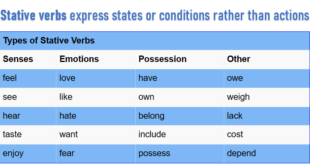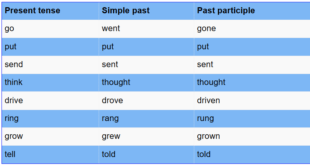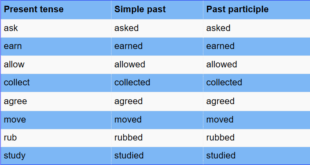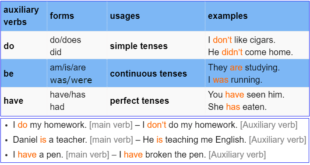![]()
conjunctions
Conjunctions join words, phrases, clauses, or sentences.
Words: What would you like? Tea or coffee?
Phrases: The food was very delicious and not too expensive.
Clauses: There is enough room inside, but we prefer sitting out.
Sentences: You can stay home or come with us.
Coordinating conjunction
a word that connects two words, phrases, clauses, or sentences of equal importance.
- It’s cold outside, so put on a sweater.
- I can’t write, nor can I read.
The only seven coordinating conjunctions are For, And, Nor, But, Or, Yet, So. To remember them, we use the acronym FANBOYS.
Punctuation
We usually do not use a comma when joining two words or phrases.
- Walking and swimming are my favorite exercises.
- You can take it or leave it.
- People packed their belongings and left the hall.
When joining three or more words or phrases, we use a comma between each of them.
- We serve green tea, black tea, herbal tea, and coffee.
- They usually camp in the woods, at the beach, or by the river.
We often use a comma when joining two independent clauses.
- Jane loves fish, but she doesn’t like pizza.
- I’m not tired, so I’ll walk home.
- The house was small, yet it was spacious.
Subordinating conjunction
a word that connects a dependent clause to an independent clause, and it comes before the dependent clause in a sentence.
- Although it was cold, he wasn’t wearing a sweater.
- He wasn’t wearing a sweater, although it was cold.
| The most commonly used subordinating conjunction list | |||
| after | although | as | as if |
| because | before | by the time | even if |
| even though | every time | if | in case |
| lest | now | now that | once |
| only if | rather than | since | so that |
| than | that | till | though |
| unless | until | when | whenever |
| where | whether | while | why |
If we put the subordinating clause first, we have to put a comma after it.
- If you finish the work by Friday, I’ll pay you more.
- Before you go out, lock up all the doors.
If we put the main clause first, the comma is not required.
- Lock up all the doors before you go out.
- I’ll pay you more if you finish the work by Friday.
Correlative conjunction
A correlative conjunction is a conjunction that comes in pairs and connects two things that are the same.
- You can either go out or stay home.
- Neither Daniel nor I like ice cream.
- Both Lucy and John enjoyed the movie.
- He is not only a guitarist but also a singer.
- She’ll do it whether we like it or not.
When a sentence has two subjects, the verb agrees with the second subject, not the first.
- Either my father or my brothers are here now.
- Neither you nor your husband is right.




